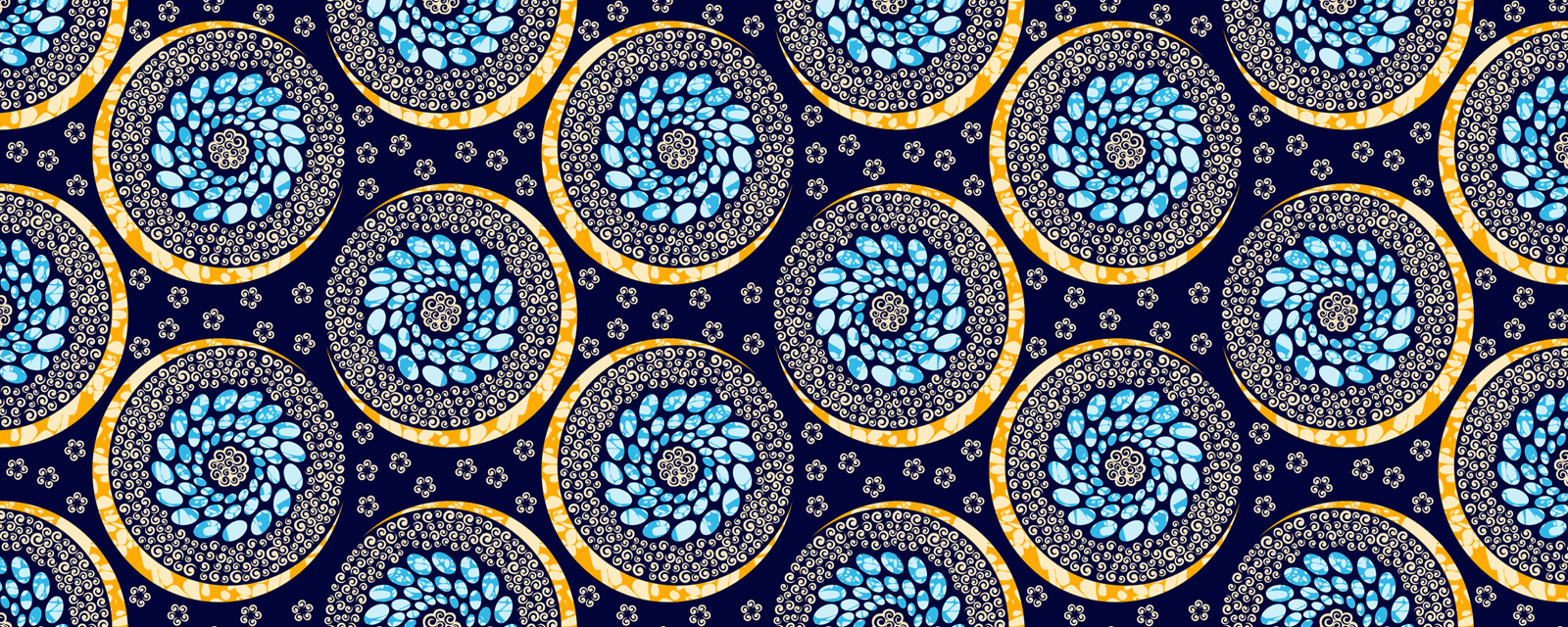The Sultan of Bornu, A Kanuri Praise-Poem from the ancient kingdom of Bornu in northern Nigeria. The poem, which was recorded in 1926, describes an individual king, Sultan Momadu Ajimi, who reigned in 1737–51. But it is also a statement of what an ideal king should be like, providing the Sultan with a pattern that the official Praise-Singer implies he should follow.
Thus, the Sultan is praised for the variety of different lands and peoples over whom he rules (Lines 5–10, 20–32), for the generosity with which he provides for his people (Lines 11–18), and for his achievements as a warrior in extending the kingdom he inherited from his grandfather (Lines 32–40). Above all, he is praised as a person of very terrible power — You can collect or disperse people at your will. We tend to praise our rulers in different terms these days, though this does not necessarily mean that the facts of power have changed.
As with many of the Praise-Poems in this section, the poem is built up of a series of parallel statements. Everything is said once, and then repeated, with slight extensions of meaning or variations of rhythm. The effect of this technique is an extremely dignified, impressive and considered style which carries much authority.
The poem is interesting as a rare example of Praise-Poetry from Islamic Africa. In other Islamic areas (as, for example, with the Hausa poetry of northern Nigeria), Praise-Poetry has largely died out under the influence of religious teaching that only God should be praised .
Carefully weave the acts of kingship:
Hear all and weave:
Weave as your grandfather did,
Weave as your first ancestor did.
You are a match for even the wily men of the town of Dubura of the fig trees.
Dabaga of the large Damsa tree, the town of Dalla, is yours:
In Dubura a Kauwa Melemi, your ancestor, is buried:
In Tumbur a Kauwa Melemi, your ancestor, is buried:
In Gazajemi, Mai Biri Melemi, one of your ancestors, is buried,
And one in Biddum of the Rocks, seven worlds above it, seven rivers below.
May Allah preserve you in the same way as he does not allow friendship to grow old!
O King, your bounty is to us as the milk of a cow which never goes dry to the calf at its side:
From you we find our food in the evening, and water to drink in the morning.
May Allah grant that we may see you every day and rejoice!
May Allah grant the fulfilment of all your kingly plans!
Always you are the son of Aji,
Aji Duniana, you are the greatest chief on earth.
In your kingdom, men live in peace,
And of the chiefs in the tents you are the greatest:
Of those who wear turbans, and of those who wear only loincloths, you are the chief:
You are the ruler alike of men who have a leather loin-cloth tied between their legs and of those who ride on fine horses.
Of the prosperous land of Yamte, full of Jujube trees, you are the King.
Of the prosperous land of Yamte, in which is the Crested Rock, you are the King.
Father, Sultan of Bornu,
The Kurata Arabs in the Kanem towns are your slaves:
You are the strength of Bornu,
The scourge of every pagan town you will remain.
O King, you are a man in the prime of his health, and your beasts of burden are all in good condition.
O King, yours is all the power, you have no equal.
The plans for every day are in your hands, Owner of Gagara Wunji,
Wunji, from which you sallied forth to take your captives, and cause their relations to follow you with piteous entreaties.
O King, you are the bush fire which burns up the towns of the pagans:
You, son of Aji, can collect or disperse people at your will,
And turn again and make a town with those you have dispersed.
You are the scourge of Jillam, Dalla Darge and Dakkinam Dalla Damaram.
Some towns are founded during the cold season of the year,
But some of yours have been founded through your victories, Aji Gana the Intriguer.
O King, your reign is the equal of any:
You, son of Aji, have accomplished this!
from Oral Poetry from Africa (1984),
Compiled by Jack Mapanje and Landeg White
Longman

